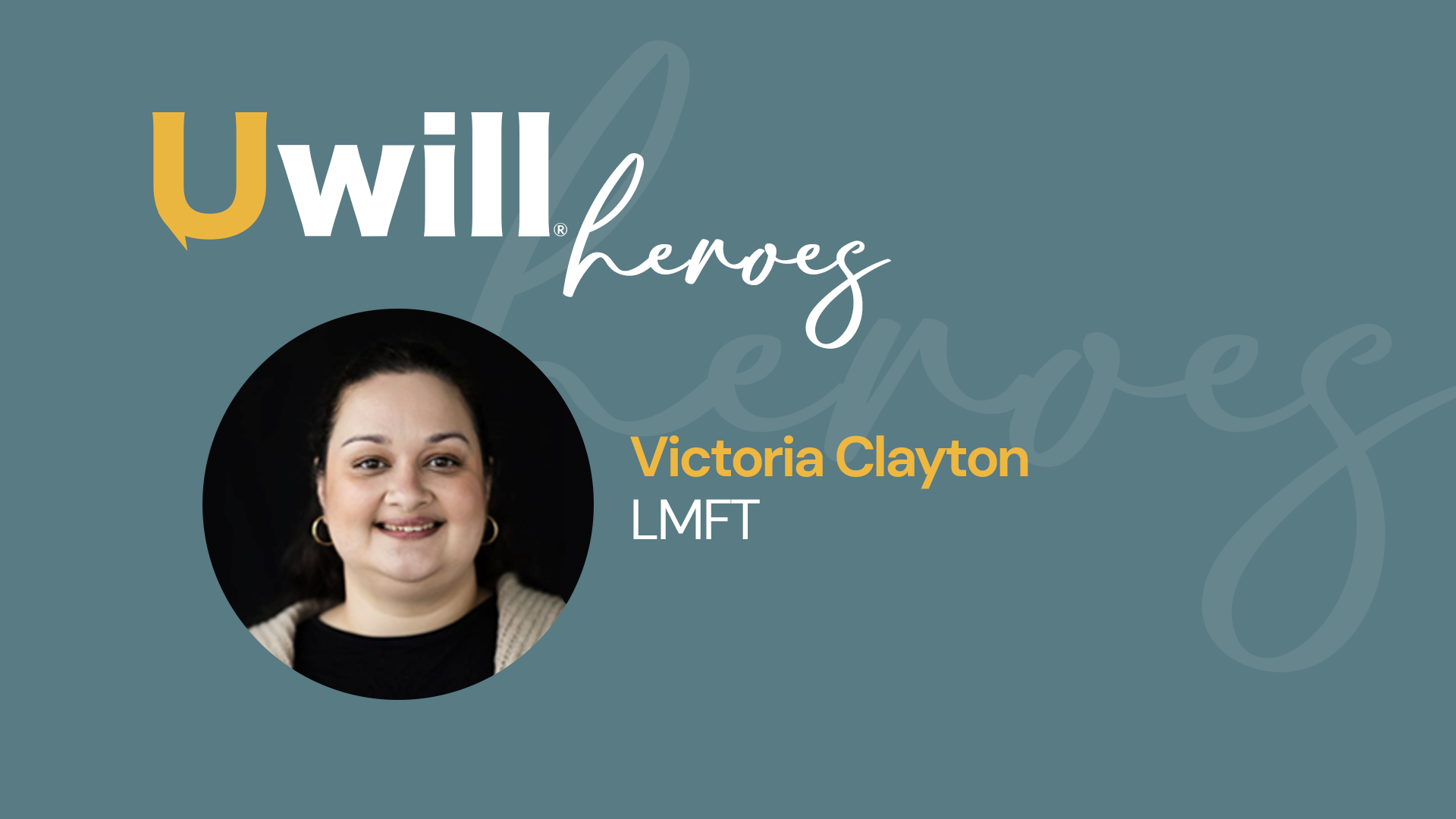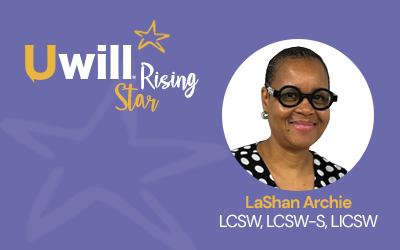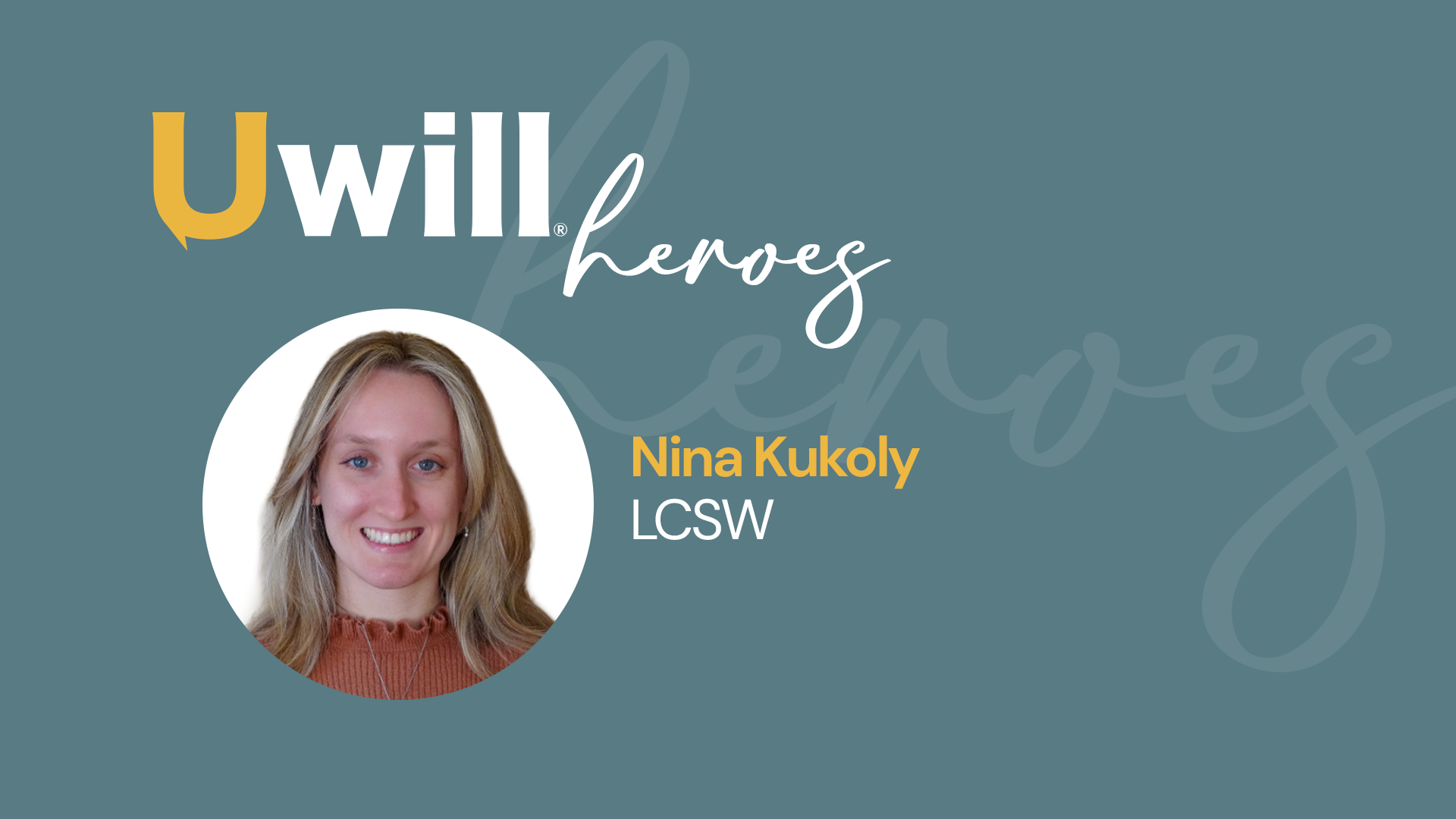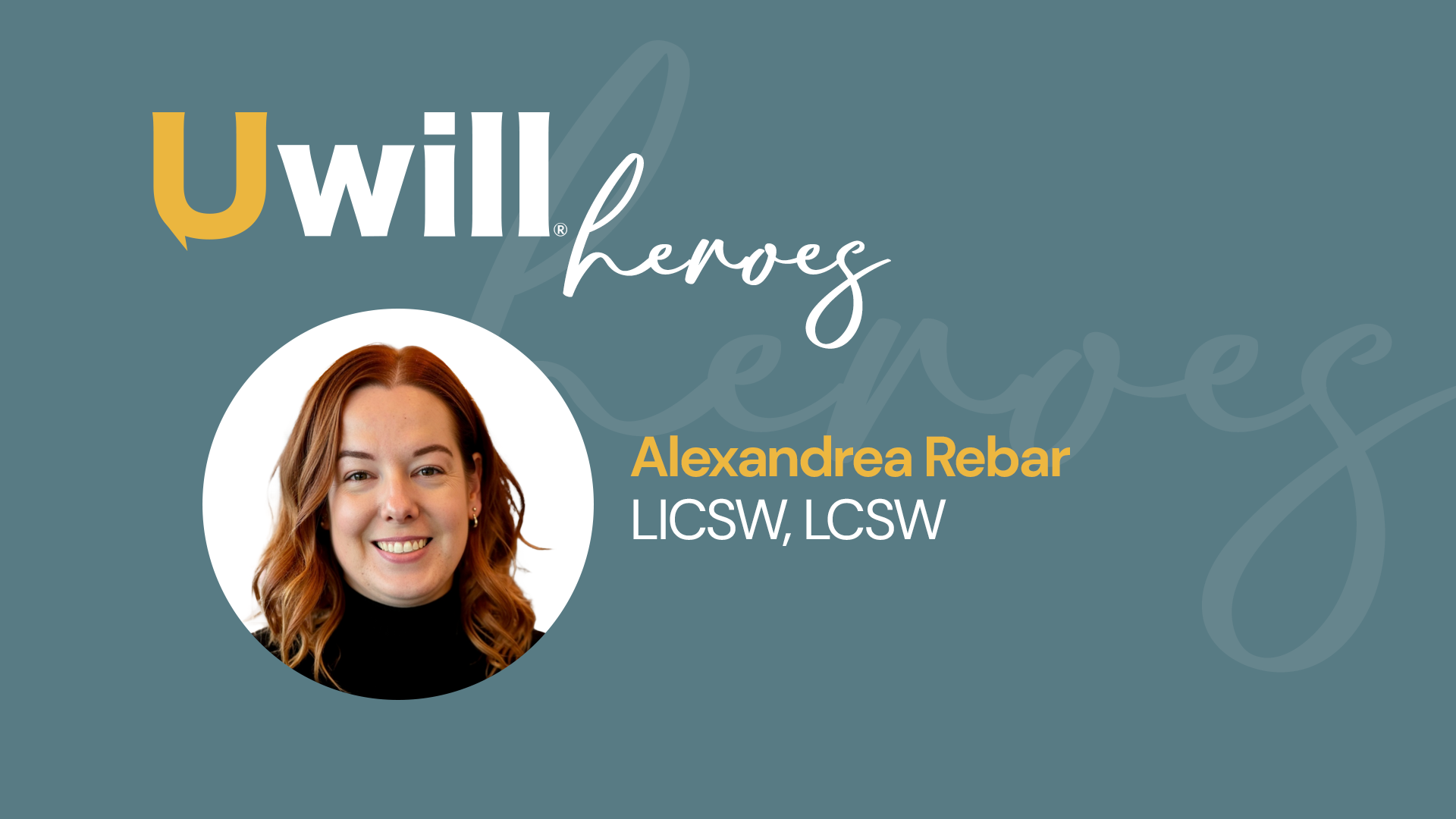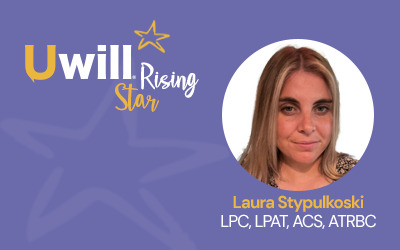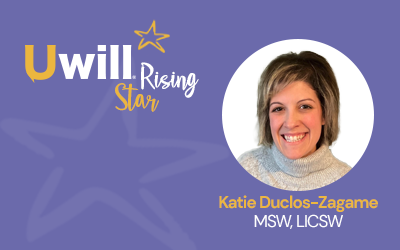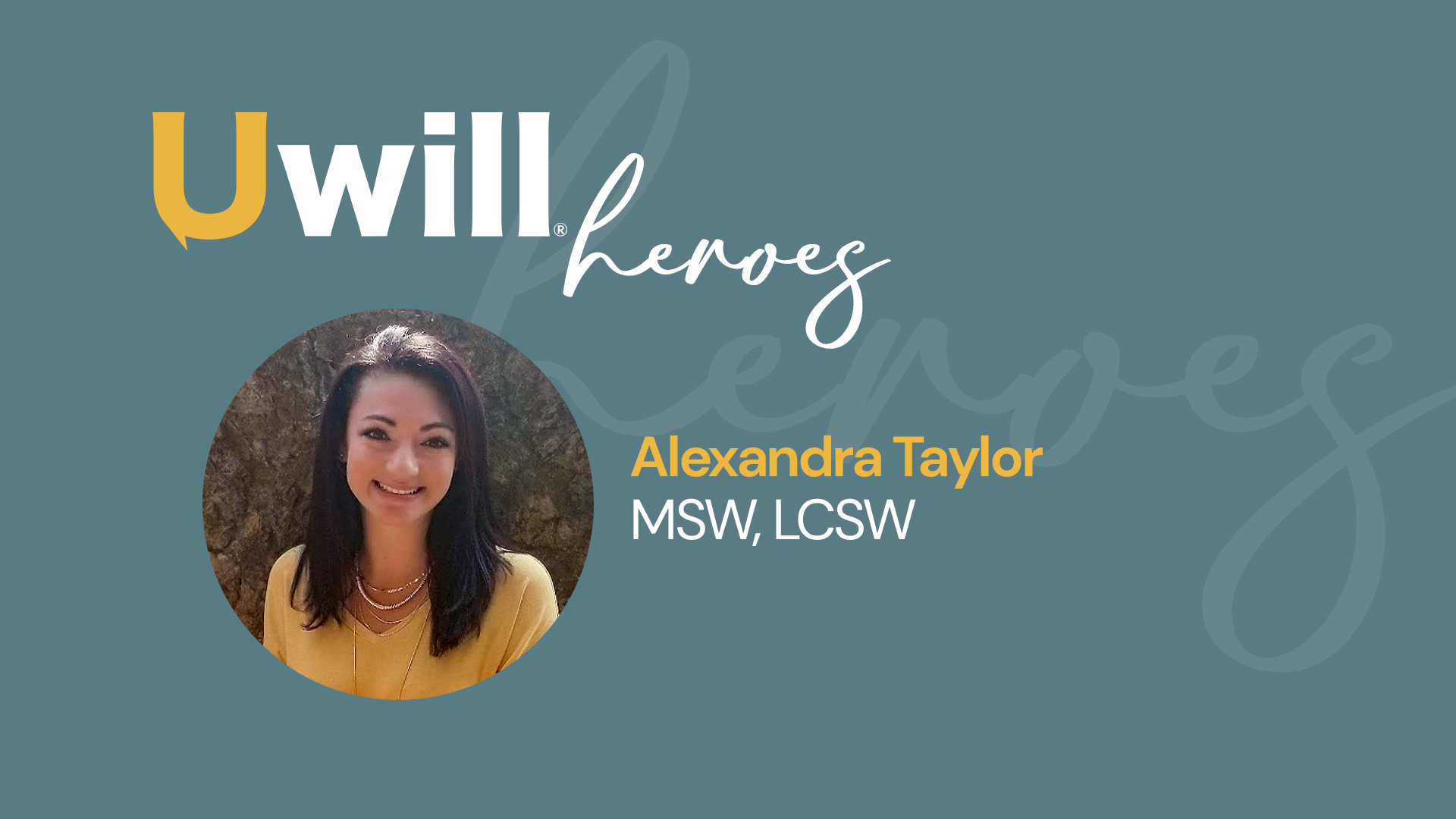Overseas and Overwhelmed: The Importance of Student Mental Health When Studying Abroad
Studying abroad presents a unique and enriching experience for college students, allowing them to immerse themselves in a foreign culture and travel throughout different parts of the world. Studying abroad introduces students to novel situations, taking courses from locals from their host country, and can improve language proficiency. As we get further from Covid-19 and its global ramifications, the popularity of studying abroad continues to bounce back, trending towards pre-pandemic totals. The 2023 Open Doors Report on International Education Exchange revealed that almost 190,000 U.S. students studied abroad during the 2021-22 academic year.
However, the study abroad experience can be more challenging for students than it may appear from their Instagram posts. It is common for students to experience culture shock, home sickness, anxieties, a language barrier, travel stress, loneliness, local crime, and more. Studying abroad also exposes students to more lenient drinking laws. According to the Open Doors Report, the five most popular study abroad destinations are Italy, United Kingdom, Spain, France, and Germany. These countries all have legal drinking ages of 18 which can lead to riskier drinking behaviors for students resulting in negative consequences.
While studying abroad can be an exciting and fulfilling experience for many, it can also lead to potential mental and physical health risks.
What are some risks that students face abroad that could impact their mental health?
Culture shock is a cycle of adjustment that is common to all study abroad participants, according to Mobility International USA. “It is when a person might struggle with differences related to anything from food, health, communication, finances, transportation, world views, and sometimes even academic demands” says Amaura Kemmerer, LICSW and Director of Clinical Affairs with Uwill “In and of itself that is a lot to adjust to, but if you’re layering that on any kind of pre-existing concerns or challenges, it can make it feel more overwhelming for a student.”
Culture shock also manifests as feelings of helplessness, role confusion, feeling unaccepted by locals, as well as overall frustration with everyday aspects of the new culture, according to the University of Finance and Administration in Prague.
Another big adjustment for students is being able to drink alcohol legally for the first time. As the National Library of Medicine notes, students more than double their weekly alcohol use while abroad. “Culturally speaking, some countries are just more liberal with alcohol use than the United States,” says Kemmerer “The most common drawback that college students report from heavy drinking is regretted decisions. The research shows that the accumulation of these regretted decisions from drinking can lead to negative effects and feelings of depression.”
Americans studying abroad could risk exposing themselves to certain local dangers when drinking. According to the CDC, binge drinking behaviors lead to increases in injuries, violence, and unsafe sexual behaviors.
“There is a significant increase in risk for sexual assault when studying abroad” says Kemmerer “This can lead to a whole host of very traumatic aftermath for individuals [including] PTSD symptoms, depression, and anxiety.”
All of these factors can lead any student to feel overwhelmed, regardless of their prior experiences with mental health. It is important for students to be informed of the possible implications of culture shock, understand possible risks, and create strategies to stay safe before they leave for their trip abroad so they can prepare themselves.
Differences in mental health between the U.S. and other parts of the world
The stigma around mental health, although certainly still present, has decreased significantly in recent years in the United States. Younger generations tend to be more open about their mental health and there are initiatives across the country promoting and normalizing discussions around mental health such as awareness months, school and college clubs and campaigns, wellness fairs, and national public service campaigns, to name a few. These positive changes may cause students to feel more comfortable talking about their struggles and they may be more likely to seek care. Unfortunately, these same improvements have not been mirrored across the globe. In many countries around the world, mental health is still stigmatized and because of this there are not as many international resources for students struggling with mental health issues in those countries.
“Mental health is different in other countries. Even the terminology is different” reports Kemmerer. “My experience is that there are some resources for students when they study abroad, but they can be minimal and vary greatly by country and setting.”
Trying to navigate a completely different vernacular and healthcare system on top of a pre-existing language barrier only adds more stress for students. It is essential that students have a stress free way to access mental health care abroad.

![]()
Uwill can be a resource for a particularly tough moment in time like that first week abroad.
Amaura Kemmerer
How can universities best support their students in the abroad experience?
It is crucial that universities properly prepare students prior to their departure for their study abroad programs. Schools should provide information for students on the many aspects of living abroad that could impact their mental health, such as culture shock, language barriers, being apart from usual support networks, high risk drinking, local dangers, etc.
It is also important to provide students with strategies to manage these issues. These can include tips for less risky drinking behaviors, education on how to be an active and effective bystander, plans to maintain communication with family and friends, and creating a network of local resources in popular host countries.
“Schools need to really hit the resources hard.” says Kemmerer “It’s the perfect spot to promote a service like Uwill to make sure students know what they have access to before they go.”
Schools can also encourage students to sign up for Uwill before they go abroad so the access to care is seamless once they arrive. Additionally, it is paramount that faculty and staff that are located in the host country are educated about Uwill and its offerings, so they can advise students in person on how to properly access care. Schools can send email reminders directly to students about mental health resources, continuing once students have arrived in their host country.
For a great example on preparing students for a study abroad program, check out this guide from Kalamazoo College.
How Uwill can help
With Uwill, students have the ability to book an immediate appointment with a licensed therapist based on their needs and preferences even when they are studying abroad. Students are able to privately and securely access the mental health care they need during a stressful transitional period without any added stress of navigating a foreign mental health landscape.
Uwill is a great resource for those who may have been consistently seeing a therapist prior to their time abroad but also for someone who has never seen a therapist and might just need some assistance dealing with initial culture shock.
“Uwill can be a resource for a particularly tough moment in time like that first week [abroad.]” says Kemmerer “When you’re somewhere new and it’s feeling really overwhelming and scary and you’re not sure if you’re going to adjust; being able to talk to a counselor about those feelings and not carry those alone, and get some support, validation, and coping skills.”
Booking an appointment through Uwill takes less than five minutes and there are no insurance hoops to jump through. Simply register, fill out a brief questionnaire, and users will be presented with a selection of therapists that fit their needs and preferences to choose from. Students do not need to commit to seeing a counselor throughout their time abroad, but instead just use the platform when they feel overwhelmed or want to talk to somebody.
If you’re a student looking for help:
If you’re looking to bring Uwill to your school,
Share this:
![]()
Uwill is a Teletherapy Educational Partner of NASPA
![]()
Uwill is the Exclusive Teletherapy Education Partner of the Online Learning Consortium
Resources

Copyright © 2024 Uwill | 1075 Worcester St, Natick, MA 01760 | 833-99-Uwill


